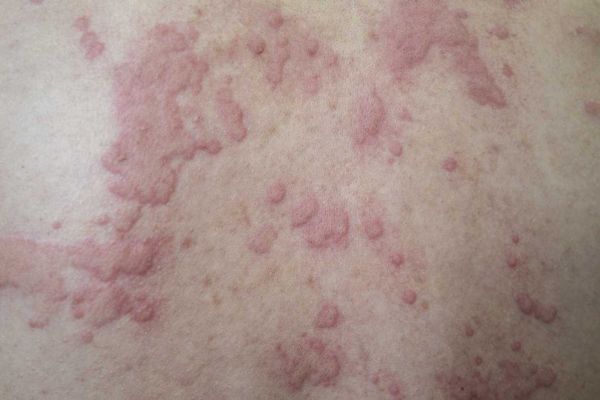By Rachel Rosenstein
We spend so much time, energy and money taking care of our skin that when a new growth appears it can be concerning.
Skin tags, or acrochordons, are mostly a cosmetic annoyance, but could they also indicate to you that something else is going on in your body? Skin tags themselves are harmless little growths. They are nothing more than little sacks of collagen fibers and blood vessels hanging from the skin by a thin stalk.
Knowing the possible reasons that skin tags might have appeared can give you a greater insight into your overall health.
What causes skin tags?
Skin tags can affect both men and women due to a range of factors including skin friction or chaffing, insulin resistance, weight gain, aging, genetic predisposition, metabolic syndrome, Crohn's disease or hormonal fluctuation.
Although skin tags can and do afflict both men and women, there are a number of causes that are specific to women. These include:
Pregnancy: A rarely talked about side-effect of pregnancy is skin tags. New skin tags developing on pregnant women are very common and often surprising for an expectant mother. The good news is that the skin tags that form during pregnancy may disappear or fall off on their own once your hormones return to normal.
Menopause: Menopause usually comes around a time that our skin is already showing signs of aging. This is further amplified with when estrogen levels drop. The skin thins and loses elasticity while a few more wrinkles may form and the skin dries out. The change in hormone levels, together with skin changes, makes it more likely that skin tags will develop.
PCOS: Polycystic ovary syndrome affects approximately one in every 10 women of childbearing age. One of the symptoms of this disorder is skin tags. The endocrine system is made up of glands that secrete hormones, and the imbalance in this hormone secretion leads to PCOS. As we know, hormonal imbalances can lead to skin tags developing.
Dealing with skin tags
There are a number of ways that people choose to deal with skin tags. It is crucial to correctly identify a skin tag before removing it. You should always visit your health care provider for diagnosis and removal of your skin tags. Your health care provider will usually cauterize them, snip them off with a scalpel or surgical scissors or freeze them using liquid nitrogen. It is a simple procedure that can be carried out in the doctor’s office.
It is important to see your health care provider to get a diagnosis to ensure that the growths are harmless skin tags and not a more serious problem, but there are ways to remove skin tags yourself at home. These include ligation, cauterization, topical creams and even some natural solutions.
Finding a new skin tag is really no cause for concern because they are innocuous little growths. If you do find that multiple skin tags are starting to appear at once, it may be worth a visit to your health care provider for a quick health check.
Written by Rachel Rosenstein, who, after developing skin tags during her pregnancy, researches and writes about skin tags at HelpSkinTags.com.







